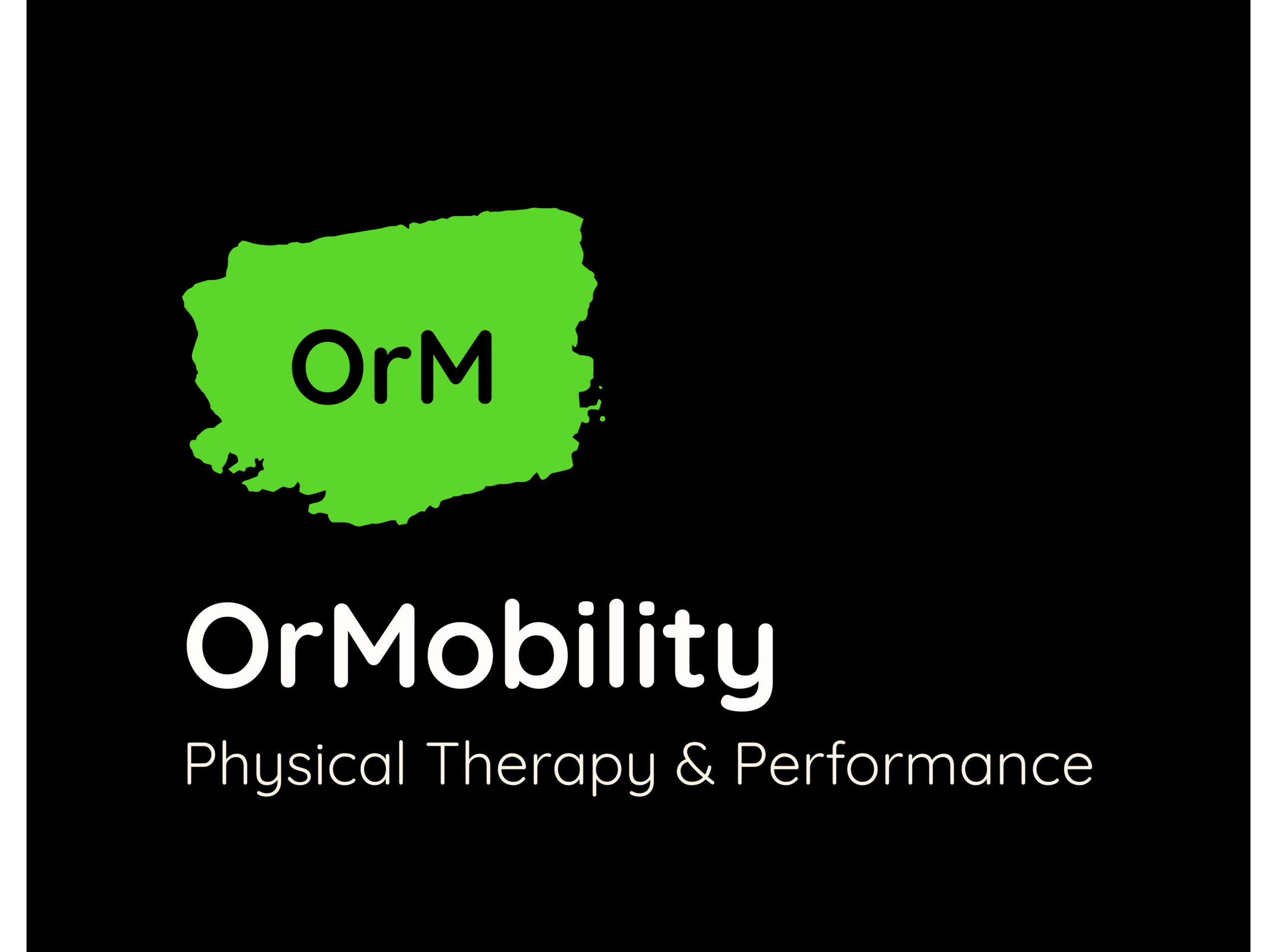Introduction
Temporomandibular Joint (TMJ) dysfunction and jaw pain are common issues that affect millions of people worldwide. The TMJ is a complex joint responsible for essential functions like chewing, speaking, and yawning. When this joint becomes dysfunctional or experiences injury, it can lead to a range of uncomfortable symptoms, including jaw pain, clicking or popping sounds, headaches, and difficulty in opening and closing the mouth. While TMJ disorders can significantly impact an individual’s quality of life, Physical Therapy (PT) has emerged as a valuable and effective treatment option. In this blog post, we will delve into the multifaceted benefits of Physical Therapy for TMJ dysfunction and jaw pain, highlighting how it offers relief, restores function, and improves overall well-being.
Understanding TMJ Dysfunction and Jaw Pain
The temporomandibular joint connects the jawbone to the skull and is surrounded by muscles, ligaments, and cartilage. It facilitates the movement necessary for everyday tasks like talking, eating, and expressing emotions. However, various factors can lead to dysfunction in this joint, resulting in TMJ disorders and jaw pain:
- Teeth grinding or clenching (bruxism)
- Jaw injuries or trauma
- Misalignment of the teeth or jaw
- Stress and anxiety leading to jaw muscle tension
- Arthritis or other joint-related conditions
- Poor posture affecting jaw mechanics
Physical Therapy for TMJ Dysfunction and Jaw Pain: The Benefits

Precise Evaluation and Diagnosis
One of the primary benefits of seeking Physical Therapy for TMJ dysfunction is the thorough evaluation and accurate diagnosis provided by a qualified Physical Therapist. They will conduct a detailed assessment of the jaw joint, surrounding muscles, and posture. Through palpation and movement tests, the PT can identify the root cause of the TMJ dysfunction, ensuring that the treatment plan is tailored to address specific issues effectively.
Targeted Pain Relief
TMJ disorders often manifest as jaw pain, headaches, and neck discomfort. Physical Therapists employ various manual therapy techniques to provide targeted pain relief. Soft tissue mobilization, myofascial release, and trigger point therapy can help reduce muscle tension, alleviate jaw pain, and improve overall comfort.
Muscle Relaxation and Stretching
Muscle tension is a common symptom associated with TMJ dysfunction. Physical Therapists use gentle stretching exercises to relax and release the tight muscles around the jaw. Additionally, they may teach patients relaxation techniques to manage stress, as reducing stress can significantly impact jaw muscle tension and related discomfort.
Joint Mobilization and Realignment
The Physical Therapist may perform joint mobilization techniques to restore proper alignment and mobility of the TMJ. By gently manipulating the joint, the therapist can relieve joint stiffness, reduce clicking or popping sounds, and enhance the joint’s overall function.
Postural Correction
Poor posture can contribute to TMJ dysfunction, as it affects the alignment and mechanics of the jaw. Physical Therapists assess the patient’s posture and provide exercises and adjustments to improve alignment and reduce stress on the jaw joint.
Bite and Jaw Alignment Assessment
The PT may collaborate with a dentist or orthodontist to assess the patient’s bite and jaw alignment. If malocclusion (misalignment of the teeth) is contributing to the TMJ dysfunction, the PT can recommend appropriate dental interventions to improve the jaw’s alignment and alleviate symptoms.
Customized Exercise Programs
Physical Therapists design individualized exercise programs that focus on strengthening the jaw and surrounding muscles. These exercises help improve jaw stability, enhance mobility, and prevent further dysfunction.
Education on Self-Management Techniques

A crucial aspect of Physical Therapy for TMJ dysfunction is patient education. Physical Therapists provide guidance on self-management techniques, such as jaw exercises, relaxation techniques, and posture correction, empowering patients to take an active role in their recovery and long-term well-being.
Oral Appliance Recommendation
In some cases, a Physical Therapist may recommend the use of oral appliances, such as mouthguards or splints, to help alleviate TMJ pain and prevent teeth grinding or clenching during sleep.
Integration of Comprehensive Care
Physical Therapists often collaborate with other healthcare professionals, such as dentists, orthodontists, and chiropractors, to ensure comprehensive care for patients with TMJ dysfunction. This integrated approach maximizes the effectiveness of treatment and improves overall outcomes.
Long-Term Prevention Strategies
Physical Therapists focus not only on immediate pain relief but also on long-term prevention strategies. By identifying and addressing contributing factors, such as poor posture or stress-related habits, PTs help patients minimize the risk of TMJ dysfunction recurrence.
Improved Quality of Life
Perhaps the most significant benefit of Physical Therapy for TMJ dysfunction is the potential for improved quality of life. As jaw pain and discomfort subside, patients can enjoy better oral function, eat without pain, speak more comfortably, and experience fewer headaches and neck tension. The restoration of these essential daily functions can lead to enhanced overall well-being and a more enjoyable lifestyle.
Conclusion
Physical Therapy offers a wealth of benefits for individuals experiencing TMJ dysfunction and jaw pain. Through precise evaluation, targeted pain relief, joint mobilization, and personalized exercise programs, Physical Therapists address the root causes of TMJ disorders, aiming to restore optimal function and alleviate discomfort. By promoting patient education and collaborating with other healthcare professionals, PTs provide a comprehensive and holistic approach to TMJ rehabilitation, leading to improved quality of life and long-term well-being. If you or someone you know is experiencing TMJ dysfunction or jaw pain, consider seeking the expertise of a qualified Physical Therapist to embark on the journey of relief and recovery.


